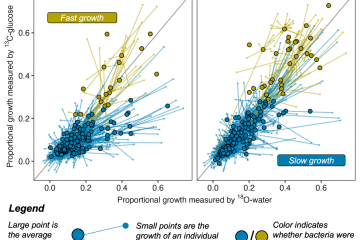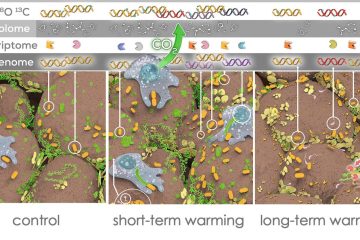When does no-till yield more? A global meta-analysis
No-till agriculture represents a relatively widely adopted management system that aims to reduce soil erosion, decrease input costs, and sustain long-term crop productivity. However, its impacts on crop yields are variable, and an improved understanding of the factors limiting productivity is needed to support evidence-based management decisions. We conducted a global meta-analysis to evaluate the influence of various crop and environmental variables on no-till relative to conventional tillage yields using data obtained from peer-reviewed publications (678 studies with 6005 paired observations, representing 50 crops and 63 countries). Side-by-side yield comparisons were restricted to studies comparing conventional tillage to no-till practices in the absence of other cropping system modifications. Crop category was the most important factor influencing the overall yield response to no-till followed by aridity index, residue management, no-till duration, and N rate. No-till yields matched conventional tillage yields for oilseed, cotton, and legume crop categories. Among cereals, the negative impacts of no-till were smallest for wheat (−2.6%) and largest for rice (−7.5%) and maize (−7.6%). No-till performed best under rainfed conditions in dry climates, with yields often being equal to or higher than conventional tillage practices. Yields in the first 1–2 years following no-till implementation declined for all crops except oilseeds and cotton, but matched conventional tillage yields after 3–10 years except for maize and wheat in humid climates. Overall, no-till yields were reduced by 12% without N fertilizer addition and 4% with inorganic N addition. Our study highlights factors contributing to and/or decreasing no-till yield gaps and suggests that improved targeting and adaptation, possibly including additional system modifications, are necessary to optimize no-till performance and contribute to food production goals. In addition, our results provide a basis for conducting trade-off analyses to support the development of no-till crop management and international development strategies based on available scientific evidence.


